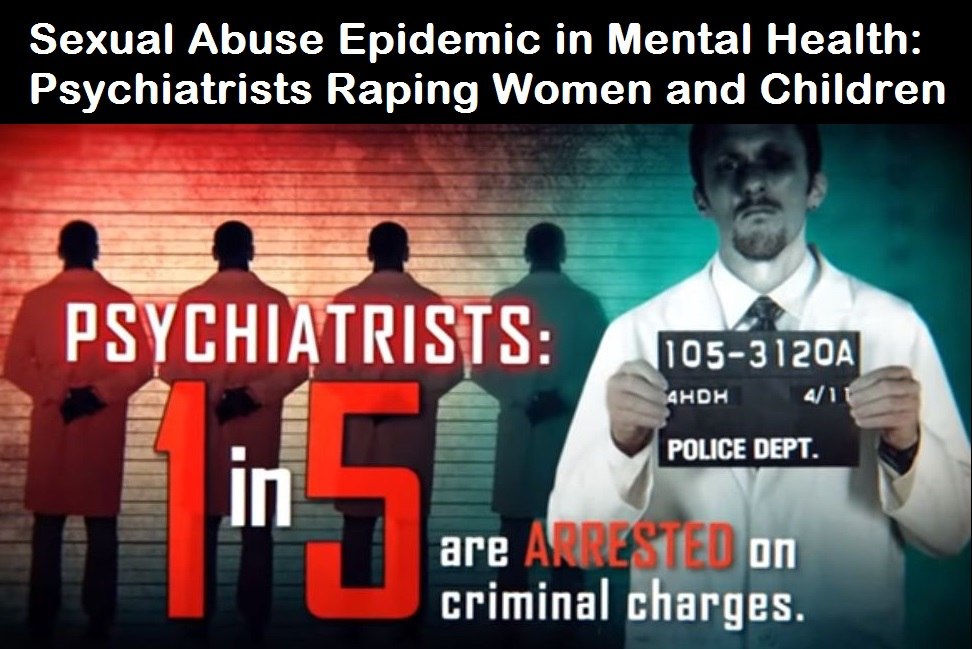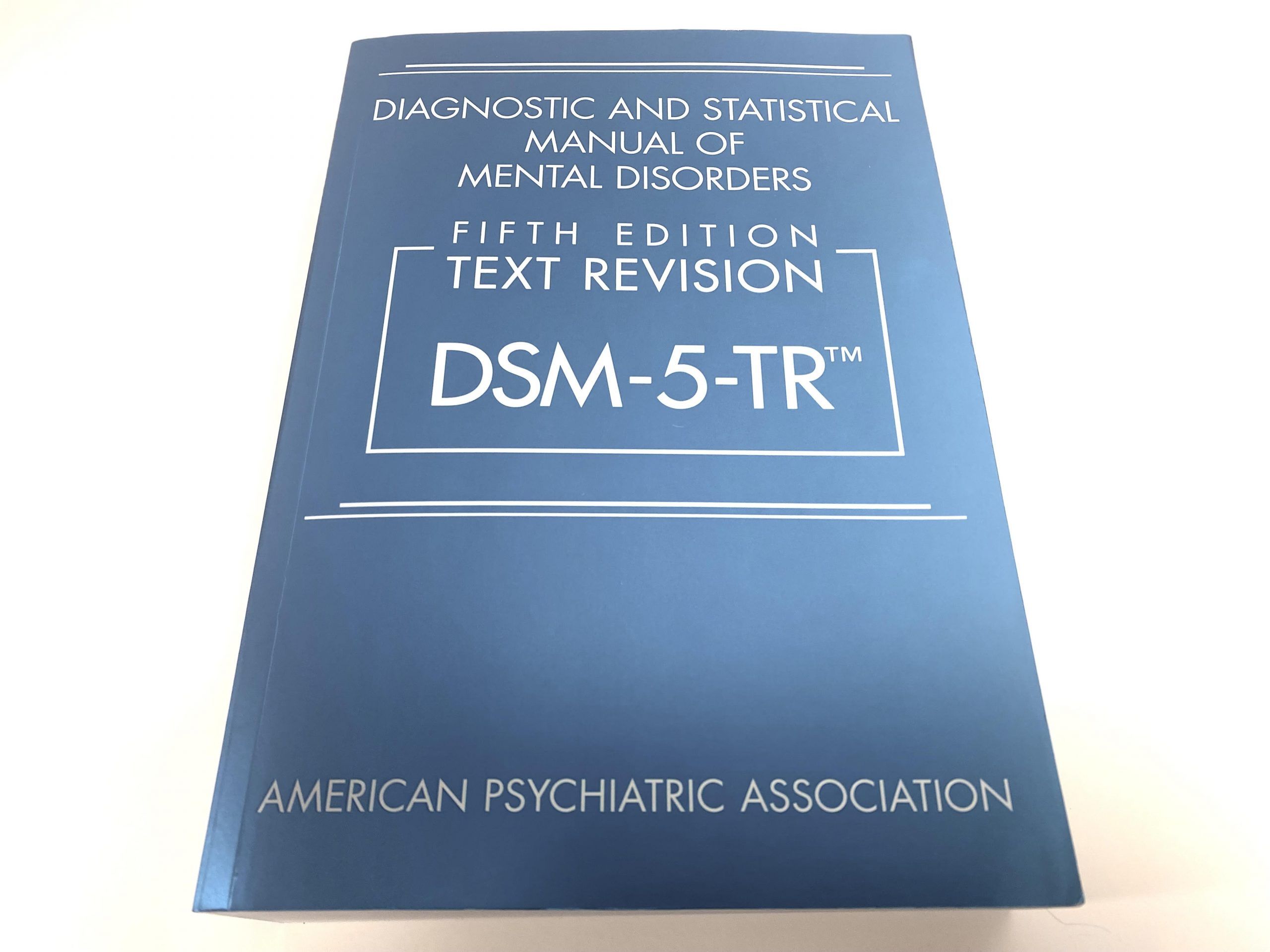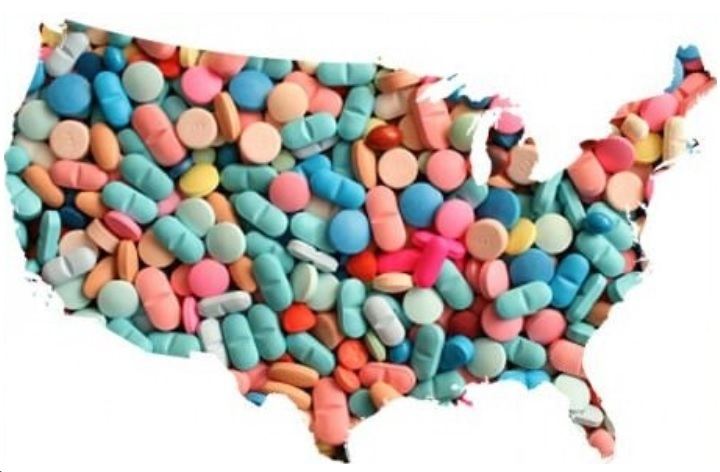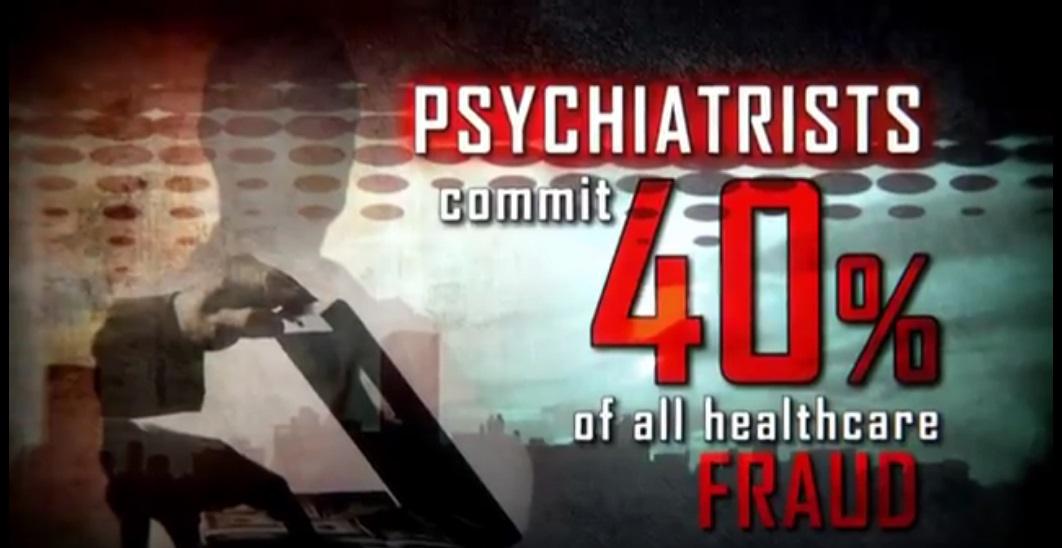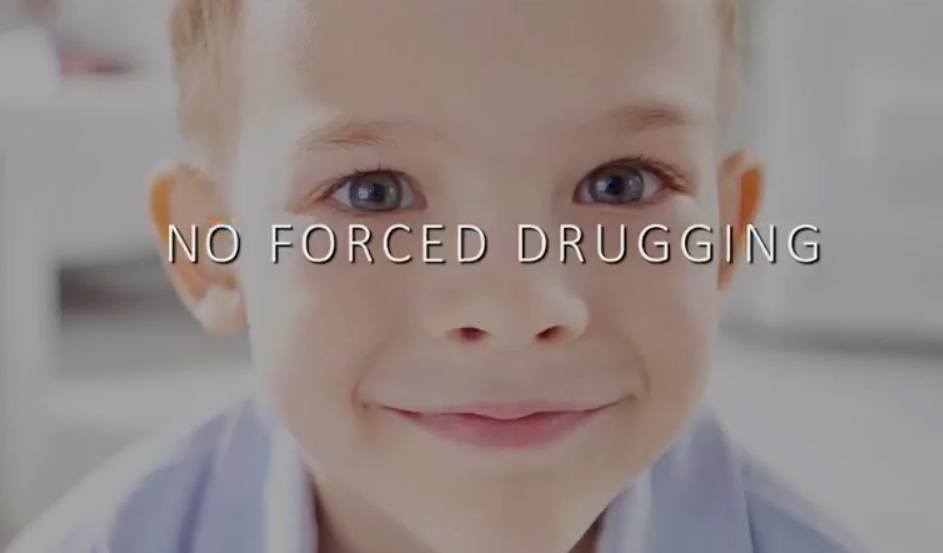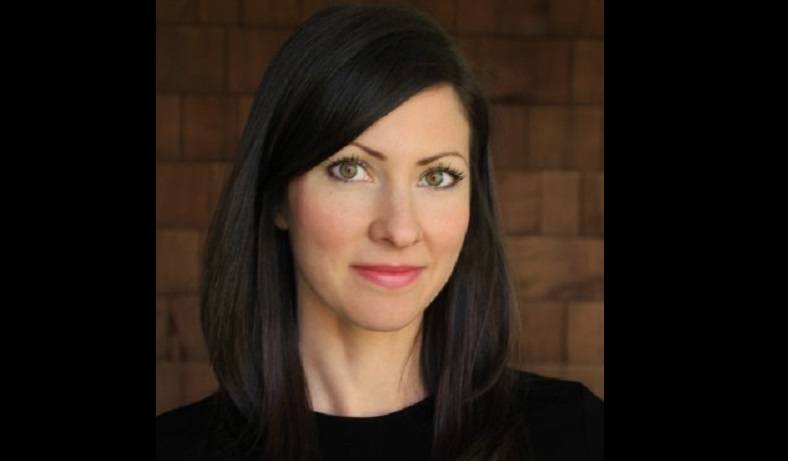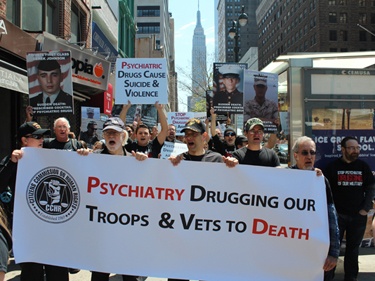Study Debunks the Theory that Depression is Caused by a Chemical Imbalance in the Brain – America’s Problem with Criminal Drug Dealers
America has a huge drug addiction problem, where drug dealers are literally destroying this country. No, I am not referring to fentanyl, meth, crack, heroin, or any other "illegal street drug" and the people who push them. I am referring to the much larger drug addiction problem with drugs that are distributed by a much larger drug dealer network: FDA-approved and authorized prescription drugs. This is, by far, the largest criminal organization in the world. The pharmaceutical drugs distributed by medical doctors and purchased in drug stores that are on the corner of every city and town in America, are what is destroying this country. These drugs are the leading cause of death in the United States, and their drug dealers are the largest class of criminal organizations in the world. The worst offenders among these drug pushers, are the fake doctors called "psychiatrists," where 1 out every 5 of these "doctors" are arrested on criminal charges, where 40% of all women in psychiatric wards are raped, and where a child is 3 times more likely to be sexually molested by a psychiatrist than by a stranger or registered sex offender. The holy grail of psychiatry that is used to justify pushing psych drugs onto people diagnosed with "mental illness," including toddlers that are 2-3 years old, the "brain imbalance" theory, has been thoroughly debunked now by a study published last year in the journal Molecular Psychiatry. This study caused a lot of outrage in the field of psychiatry, which is understandable as it rendered most psych drugs as useless and dangerous, and the study totally discredited the entire field of psychiatry as a fraud. The authors waited almost a full year for all the criticisms to be sent in to them, and have now published their response.




